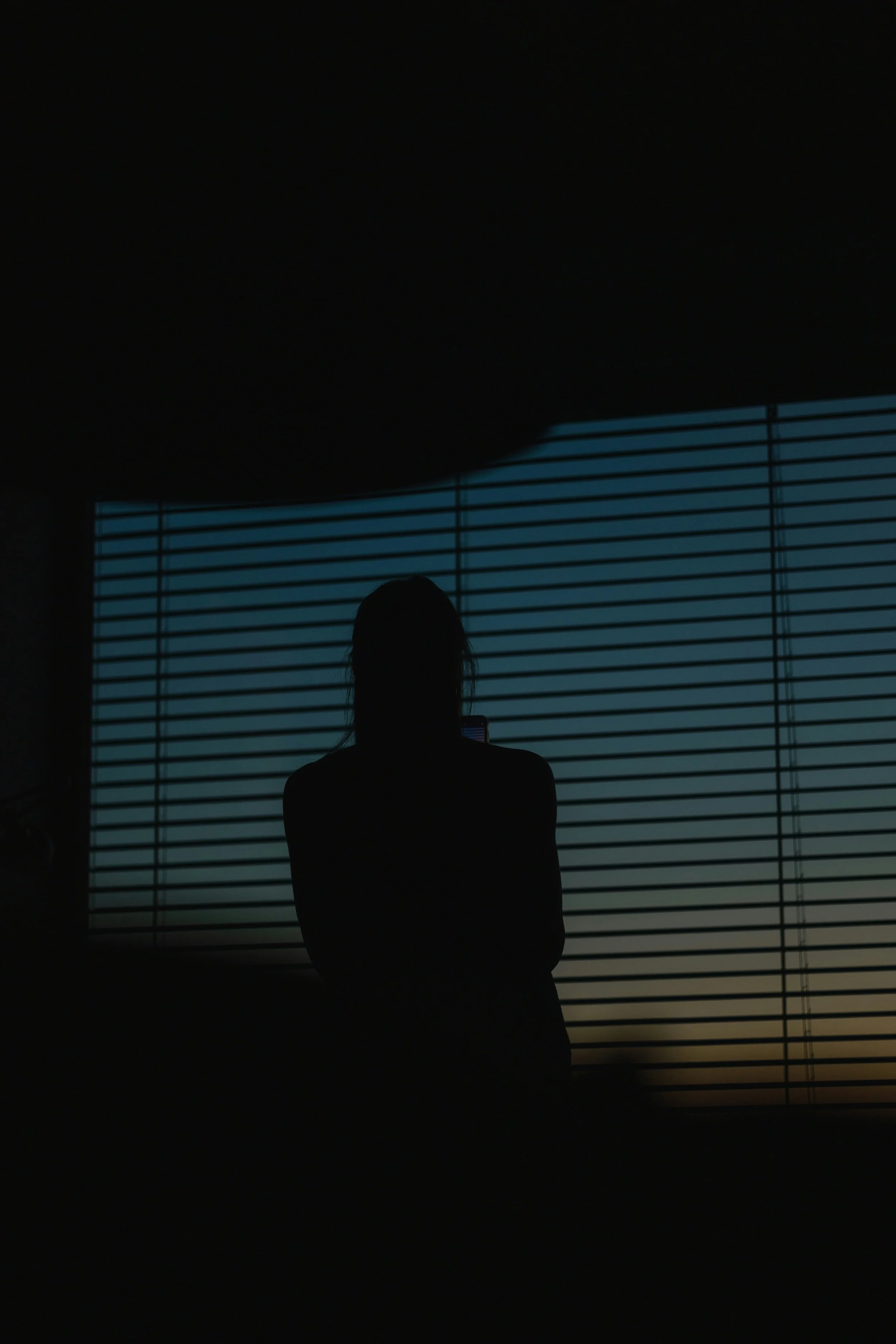CEWH shadow report to the convention on the elimination of all forms of discrimination against women
102,123 people were identified as being severely housing deprived in Aotearoa New Zealand’s Census 2018, which is the current measure used by the Ministry of Housing and Urban Development to define homelessness. Of those people, approximately half identified as women.
In addition:
1) Many women experiencing homelessness have three or more children, meaning there is a ‘downstream’ impact on our internationally notable rangatahi/youth homelessness numbers; and
2) Older women are amongst the fastest-growing cohort of those experiencing homelessness in Aotearoa New Zealand with causal factors including the retirement pay gap and tenure insecurity.
Yet there is no specific strategy to respond to the needs of women of any age group in Aotearoa New Zealand’s strategic housing policies or plans despite their distinctive needs as women and, more often than not, despite the fact they have children who are also at risk of homelessness.
This means the few housing organisations providing women’s housing are forced to fundraise for basic needs and support services in a system that does not have a funding model that works for women.
The Coalition to End Women’s Homelessness formed in early 2023 to highlight this issue and advocate for the changes needed to ensure that all women have a great place to call home. We work across research and evidence, policy and funding, and advocacy. This CEDAW shadow report is based on our response to Articles 1 and 12.1.
Read our full shadow report here.

